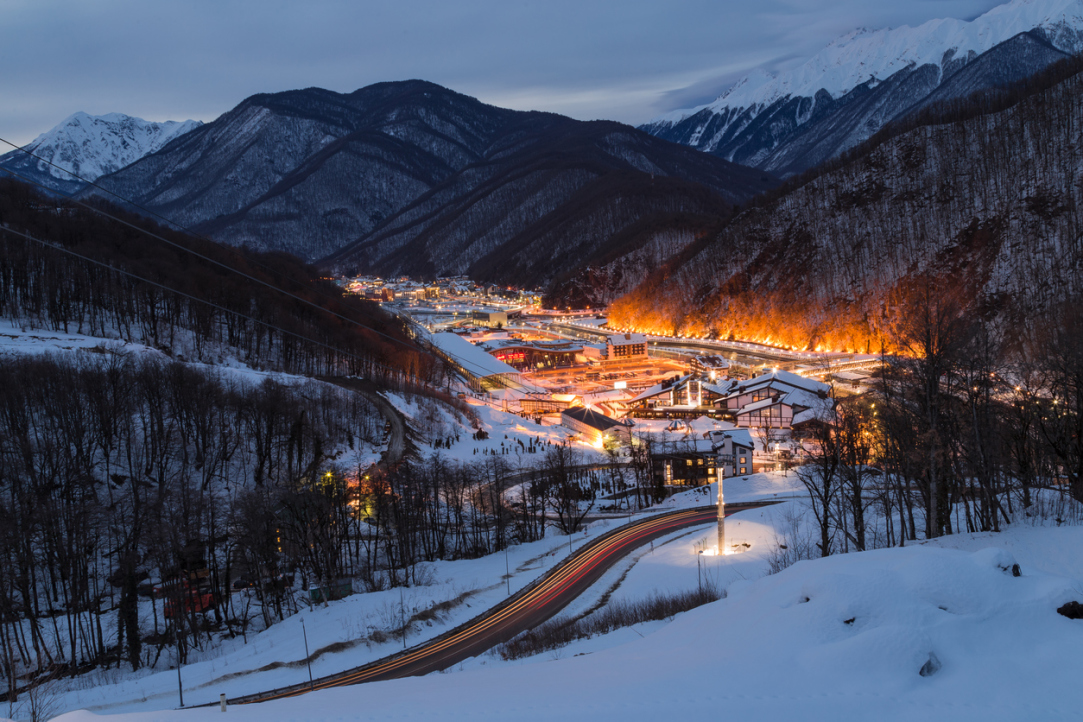
HSE University Becomes the First Russian University to Confer a Doctoral Degree in Computer Science
Upon successfully defending his dissertation before HSE Dissertation Council in Computer Science, Pavel Dvurechensky became the first Doctor of Computer Science in Russia. This was possible thanks to the fact that, starting in 2018, HSE University received the right to award its own academic degrees.
‘Conducting Research Is an Opportunity to Change the World for the Better’
Fedor Kluev, a student first-year student in the Bachelor’s programme in Chemistry at HSE University, was the only first-year undergraduate student to win a prize in this year’s Student Research Paper Competition (SRPC). He began working with his academic supervisor, Denis Chusov, when he was still in high school. In an interview with the HSE News Service, Fedor talked about his research, the role of science in human life, and the importance of popularising science.

The Pandemic As an Opportunity: HSE Experts Evaluate the Potential of Domestic Tourism in Russia
The tourism industry has been recognized as one of the hardest hit sectors of the economy due to the introduction of restrictive measures to counter the spread of the pandemic. Thus, experts estimated that the income of domestic hoteliers would fall 2.7 times by the end of 2020. But the pandemic also provides opportunities for Russia’s domestic tourism market, according to a recent report by HSE University experts. The researchers estimate that the market could potentially generate up to 1.5 trillion rubles.

‘Students Lack the Ability to Organise Themselves’
Russian students are not particularly independent or self-disciplined. A recent study shows that this has been one of the problems with the transition to remote learning. Researchers presented their findings at the Sociology of Online Learning session of the international eSTARS conference held at the Higher School of Economics in partnership with the Coursera global platform. In an interview, Ulyana Zakharova — session moderator and research fellow at the HSE Centre of Sociology of Higher Education’s Institute of Education — told IQ how students develop their character, teachers stop being translators and remote learning tests everyone’s abilities.

Mapping Empire and Environment in Siberia: International Laboratory ‘Russia’s Regions in Historical Perspective’ Hosts Erika Monahan
How does an American researcher become interested in the history of enterprise in Siberia? Does knowing Alaska give one a good understanding of the Siberian temperament? If there is one book that provides a good history of Russia, what is it? HSE News Service asked these and other questions to Erika Monahan, Associate Professor of History at the University of New Mexico, who recently gave a talk at the seminar of the HSE International Laboratory ‘Russia’s Regions in Historical Perspective’

PISA Tests: How Talking with Parents Affects Russian Pupils’ Financial Literacy
On the financial literacy and global competencies tests of the Programme for International Student Assessment (PISA), Russian pupils demonstrate average scores. In their ability to empathise with those experiencing difficulties, they are no different from their peers of OECD countries. This was discussed by experts ofHSE University's Institute of Education and the World Bank at a joint seminar.

‘ Regulatory Restrictions Result in Hybrid Master’s Degrees That Are Like a Cross between a Rhino and an Elephant ’
The COVID-19 epidemic has clearly shown how important digital competencies are for students — both in their studies and in everyday life. Master’s degree students, many of whom combine work with study, can give a detailed account of which IT skills employers expect. The question is how to teach those competencies and how a ‘digitalised’ master’s degree should look. HSE Institute of Education Research Fellow Daria Shcheglova discussed this question with IQ at the Digital Transformation in Higher Education — Modern Trends session of the eSTAR Conference that HSE University hosted in partnership with the Coursera global platform.

‘Cooperation with R&D Organizations and Universities Is Significantly Distinctive for Advanced Innovators’
The innovation performance of firms depends on their ability to innovate in cooperation with external partners. In their study, HSE researchers found that most of innovation in Russian manufacturing happens in a sort of open processes, but extensive cooperation networks are barely detectable. The study was published in the December issue of Foresight and STI Governance.

How to Mitigate the Influence of Retail Investors on the Stock Market
Pasha Andreyanov, Assistant Professor in the Department of Theoretical Economics at HSE University and Tomasz Sadzik, Assistant Professor of Economics at University of California, have described a mechanism that allows the stock market to remain relatively calm despite the growing influence of retail investors. Their joint article, 'Robust Mechanism Design of Exchange', was published in the Review of Economic Studies, one of the top 5 academic journals in economics and finance.

HSE Department of Innovation Management Launches Joint Project with Skolkovo
BioMedTech is a business incubator created by the HSE University Department of Innovation Management and Skolkovo biomedical cluster. The aim of this pilot project is to combine scholarly research with the entrepreneurial competencies of the University’s students and teachers for the purpose of launching new business projects in biomedicine.

